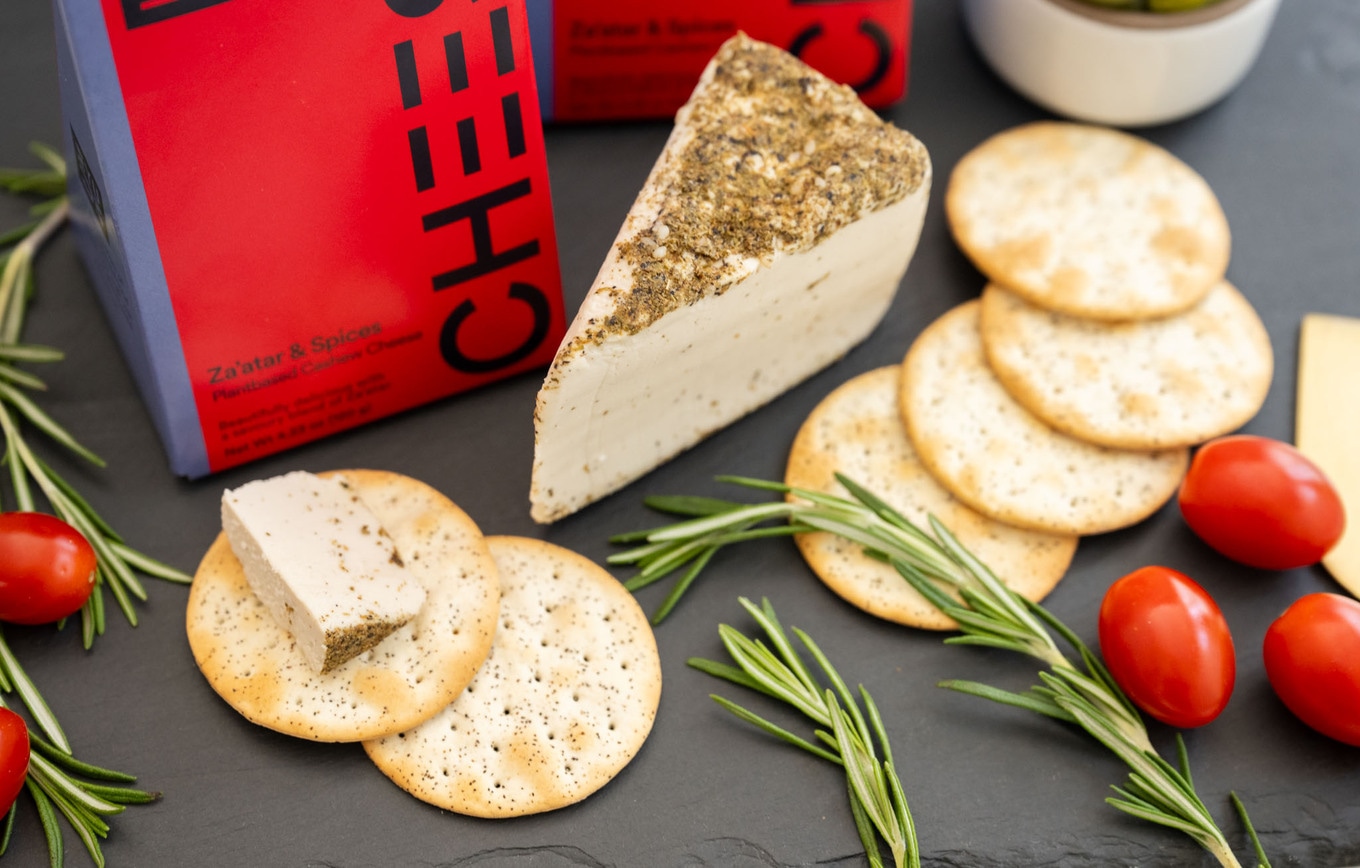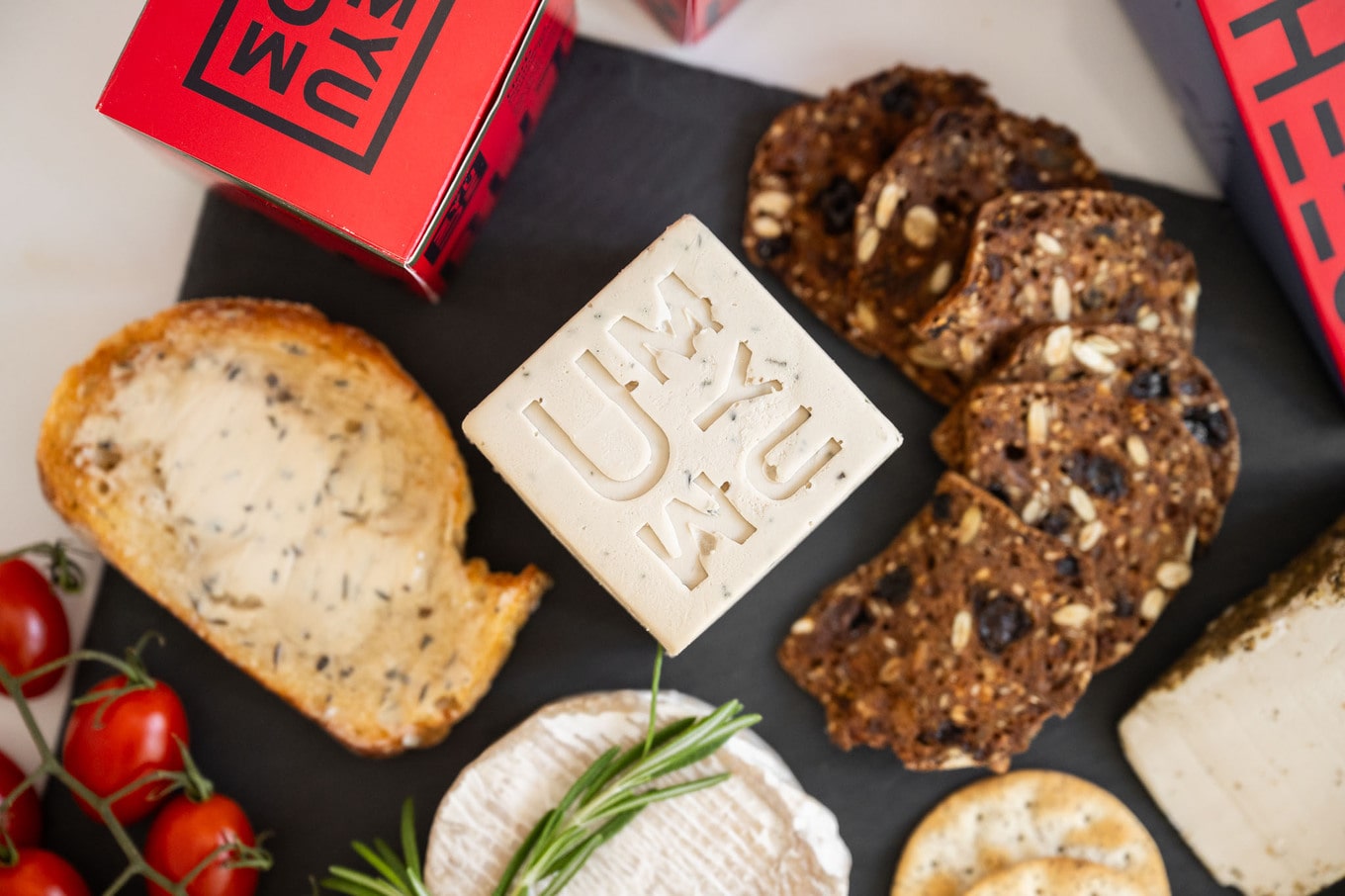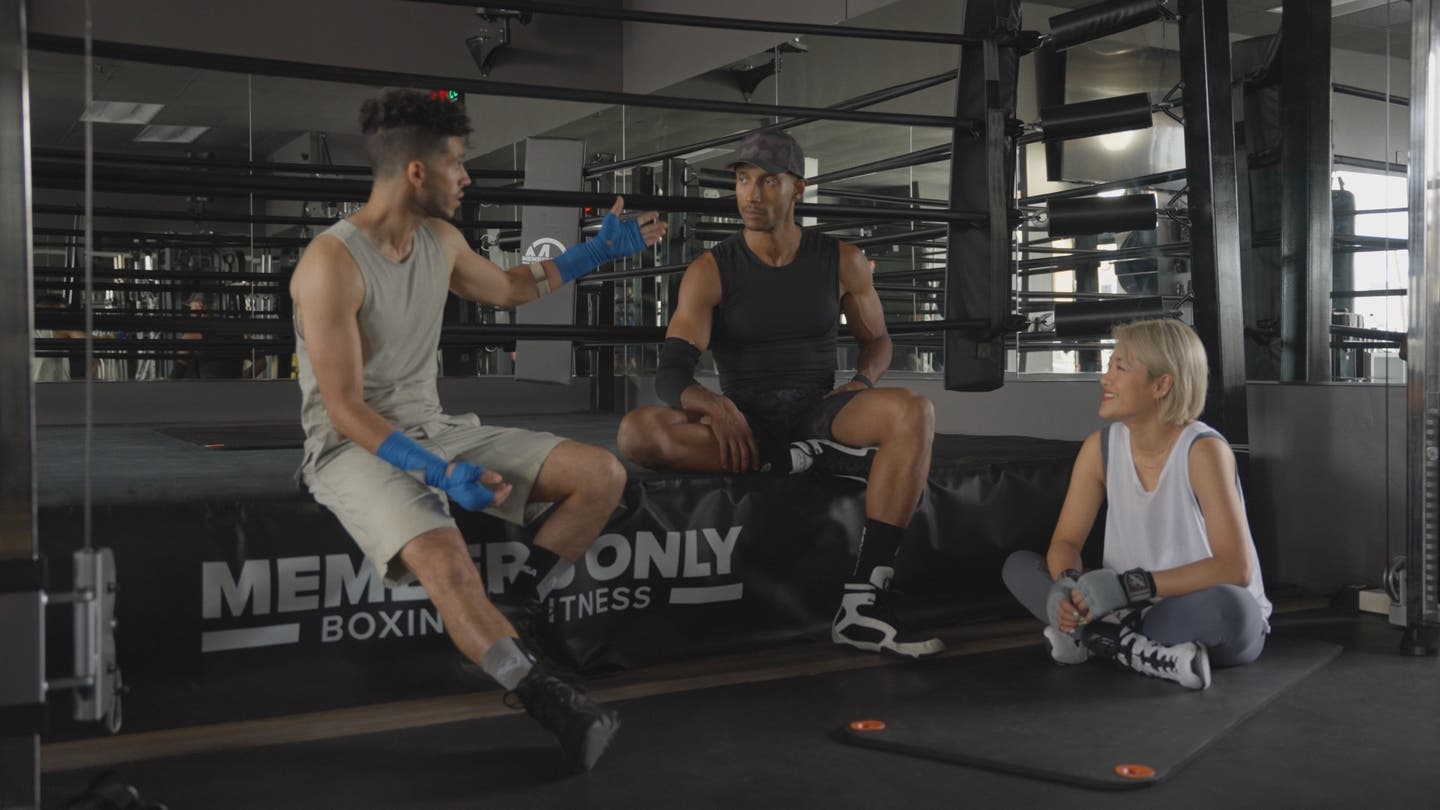From theguardian.com
By Oliver Milman
Once seen as a climate fix, vegan burgers now languish at 1% of the US market amid rising meat culture
Plant-based burgers were supposed to help wean Americans off their environmentally ruinous appetite for meat. But sales have plummeted amid a surging pro-meat trend embraced by the Trump administration, raising a key question – will vegetarianism ever take hold in the US?
This year has been a punishing one for the plant-based meat sector, led by companies such as Beyond Meat and Impossible Foods, with sales of refrigerated products slumping 17%. This follows a difficult 2024, during which sales fell 7%, furthering a multi-year spiral – last year Americans purchased 75m fewer units of plant-based meat than they did in 2022.
Despite hopes that burgers, sausages and chicken made from soy, peas and beans would curb Americans’ love of eating butchered animals – thereby reducing the rampant deforestation, water pollution and planet-heating emissions involved in raising livestock – these alternatives languish at just 1% of the total meat market in the US.
Instead, a resurgent focus on meat has swept the US, pushed by industry lobbyists and online wellness influencers who advocate greater protein consumption via the carnivore diet and deride plant alternatives as overly processed. According to the meat industry, since 2020 there has been a 20% drop in the number of Americans seeking to cut their meat consumption.
Illustration: Guardian Design/Robyn Beck/AFP/Getty ImagesThe Trump administration’s Make America Healthy Again credo has embraced this push. Paul Saladino, a leading online meat proponent who has called plant burgers “garbage”, took a meat-based smoothie to a White House event in May and slammed a shot of raw milk with Robert F Kennedy Jr, the contrarian US health secretary. “I eat protein, a lot of protein,” Kennedy told Saladino of his own meat eating.
“It’s not our moment, we recognize that, you’d be crazy to think it is,” Ethan Brown, chief executive of Beyond Meat, the plant-based business that was valued at $10bn a few years ago but has suffered a 97% drop in its share price since, said.
“Meat consumption is on the rise, the political culture is different. We just need to get through this period.”
The meat industry “did a masterful job, convincing people that there was something wrong with the products, or that they were ultra-processed or things of that nature”, Brown added.
To try to keep pace with the culture shift, Beyond recently dropped “Meat” from its name and unveiled a new product that is primarily a protein-based food (made of fava beans) rather than mimicked beef or chicken. It has laid off workers, missed revenue expectations and has had to deny it is struggling to pay its bills.
Its big rival, Impossible, meanwhile has scrambled to align with meat rather than oppose it, even floating the idea of a hybrid plant-beef burger. “We’re not here to win over the salad eaters,” reads its website. “We’re here for the meat stans.”
The meat industry’s attack upon veg competitors as unhealthy has been successful, if rather misleading – research shows that a plant-based products generally have less saturated fat, more fibre and about the same protein as processed meat.
Also, many of the increasingly popular high-protein bars, milks and other products are very processed, without suffering any of the stigma that plant-based meat has. “If you walk into grocery store there is a protein enhanced version of almost every product, even though Americans are getting enough protein,” said Kate Stanley, a food researcher at Duke University.
Crucially, studies have found that while most Americans understand the benefits of eating more plants, only a quarter are willing to do so and the vast majority don’t view the environment as a priority when choosing meals.
“There’s a disconnect between the mounting evidence on meat’s environmental footprint and what’s actually driving consumer behaviour,” said Shauna Downs, who has studied Americans’ views at the Rutgers School of Public Health.
Food remains a deeply personal and cultural part of our lives and for most people that involves meat – a fifth of all Americans still eat red meat five times or more every week. Herbivore imitations may have improved from previous iterations of veggie burgers but remain more expensive than meat.
“Sustainability is a consideration for only a very small portion of the population – taste and price are the biggest things and plant-based products need to deliver on those,” said Jody Kirchner, associate director of market insights at the Good Food Institute, which has researched the plant-based sector.
“Inflation has had a big impact across the food sector and that’s a big challenge for plant products because they cost two to three times more than traditional meat. A lot of progress will need to be made on taste and cost to become feasible for customers – a lot of people just don’t see the need for these products.”
Regardless of the ebb and flow of various dietary fads, and rising alarm over the destruction of the natural world, Americans have been immovable when it comes to becoming vegetarian or vegan. Just 4% of people in the US identified as vegetarian in 2023, a proportion that is actually down from the 6% that said the same in 2001, according to Gallup. A mere 1% are vegan.
Inspiring a move away from meat, even if it just to cut back consumption, is seemingly far more difficult in the US than other comparable countries that have larger, and growing, cohorts of vegetarians.
“Certainly in the American fabric there is a relationship with cattle, the kind of pioneer, rugged individualism, John Wayne, and it’s all wrapped up with this kind of Manifest Destiny,” said Brown.
Current cultural trends around masquerading rustic pursuits and traditional homesteading has helped elevate meat, Brown said, along with the macho political posturing of the Trump era where the US, for the first time in years, again has a department of war.
“It’s just not a moment for altruistic kind of behaviors,” he said. “I think right now it’s about TikTok and tariffs, that’s what is on the consumer’s mind. It’s not the moment for any sort of broader concern, it’s a very self-interested moment.”
“It’s a particularly difficult moment for movements like vegan and vegetarianism,’ he conceded. ‘“That doesn’t mean it’s not going to come back.”
The cultural pendulum may have swung toward meat but the stresses upon the planet have only worsened. Vast deforestation, in places like the Amazon, to clear land for cows is fueling ecological and climate breakdown, with the burps of cattle and the associated chemicals, machinery and land loss from feeding and raising livestock responsible for up to a third of all planet-heating emissions.
Each year, billions of animals are crammed into giant American barns, fed a cocktail of vaccines and antibiotics and killed, with the pollution from such facilities often befouling waterways. Grass-fed cows in rolling paddocks are often portrayed as a greener option, although this system involves razing biodiverse forests and grasslands and converting even more land for cattle feed.
“I’ve been trying for 30 years to get people to eat less meat but the numbers just haven’t budged in the US,” said Christopher Gardner, a nutrition expert at Stanford University. “I think consumers are confused. They like what’s familiar to them.”
Gardner said he finds hope in evidence that a growing number of younger Americans are willing to reduce meat intake and that the culture will shift away from the celebration of the carnivore.
“Not everyone has to become vegetarian but we will have to eat a lot less meat – at some point people will wake up and say ‘where have the rainforests gone?’” he said.
“We are heading to the point we don’t have the land or water to support the amount of meat we want to eat. I hope people finally get it. They have to get it. We are facing an existential moment here.”
https://www.theguardian.com/food/2025/sep/12/vegan-burgers-meat-vegetarian




